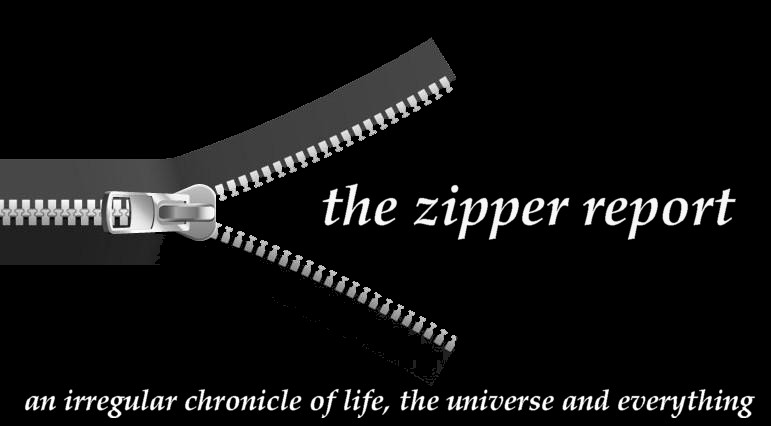If ever I needed a reminder to stay off the slippery slopes of winter, the picture of a friend in a cast will do the trick.
Tracy Mastaler (better know to fans of the blues as "Tracy K.") was born in Beausejour, Manitoba but now lives in Thunder Bay. A multi-talented lady, she plays a mean axe, wails on harp, sings like Janis Joplin, writes her own songs and apparently can't stay off a snowy hill to save her life.
I'm sure by now, she must be sick of hearing people like me say, "It's 'Break a leg!', girl. Not 'Break an arm!' "
She claims her injury is the natural consequence of skiing on a "Sleeping Giant" (the name for Thunder Bay's landmark, Sibley Peninsula). But Nature never had to prove to me that I don't belong on skis. I learned that on my own long ago.
It was shortly after I'd gotten engaged, so I blame romance for clouding my judgment. In any case, when friends invited Rae Katherine and me to a weekend of skiing in Wisconsin, I said, "Sure!"
You had to go to Wisconsin to find a hill high enough to slide down; and even there, they were hardly very high or intimidating.
I remember thinking that as I peered up the Beginner's Hill. I remember thinking, "How bad could it be to strap on a pair of long, wooden runners and glide down that?!" And then, for the next hour or so, I found out!
To begin with, I've never understood the logic of skiing - preferring sports that have a practical side or, at very least, a reasonable explanation for how they got started.
I can see the logic of curling! I don't find it very hard to imagine some snow-bound Scot deciding to pass the time by playing shuffleboard with river stones and brooms on an icy lake. I can even see the sense of gluing handles to the stones to get a better grip.
But what I want to know is what demented ancient ancestor stood atop some snow-covered cliff and thought to himself, "You know, I think I'll cut down a couple of saplings, shave them flat, strap them to my feet and hurtle headlong down into that valley."
Whoever he was, he was only outclassed by that other idiot who later decided to wax the saplings so he could make the trip even faster.
Then, there was the question of my equipment.
The skis were old and borrowed and didn't match my boots. So, I was advised to "take it easy" - a pointless warning, since I'd decided that well before we reached the resort.
In any case, I was kitted up, strapped to my skis and given a few basic instructions before being led to the tow rope.
"At least," I thought, "I won't have to clump to the top of the hill."
I grabbed the moving rope which burned through my gloves until I gripped it even tighter and went lurching forward, face-first into the snow.
That should have been indication enough of what was to follow. But by that time, I'd succumbed to peer pressure and vowed to turn the chortles of other, younger beginners into "oooo's" and "ahhh's".
I intended to command a certain level of respect. And so, I did! Before the afternoon was over, other skiers would see me preparing to start my run and flee in terror.
Even after I learned the purpose of those little cords hooked between boot and ski, the others still kept well clear of me on my descent - terrified that equipment would suddenly break loose and shoot off in every direction.
I ignored their glares and their shouts and convinced myself I was finally beginning to get the hang of semi-controlled, downhill tumbling - even if I did spend half of every run using my backside as a sort of third ski.
Then, on one particularly impressive dash, I found myself upright at last and doing a passable job of controlling my intense fear of speed. And I was just about to smile, when I looked ahead and saw that I was pointed straight at a long line of skis stuck in the snow by people who'd gone inside to enjoy the comforts of the lodge.
It didn't take much imagination to see what was about to happen - and directly in front of the spectators at the lodge's large windows, at that.
And in that horrifying instant, I made two decisions.
The first was to throw myself sideways and take a tumbling, punishing fall rather than strike that row of expensive gear. And the other was to end my day - and all thought of ever skiing again - right there and then.
And in spite of what others have told me about the wonders of the sport, I've never regretted either decision.
And while I may feel compelled to offer sympathy to Tracy and others who've suffered a similar fate, I'm not about to join them. And I'm not about to change my opinion that for me, hell is spelled with a "he" followed by a pair of skis.




